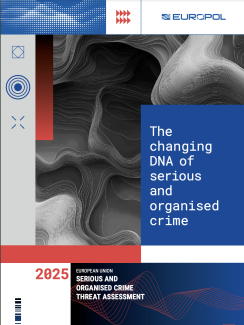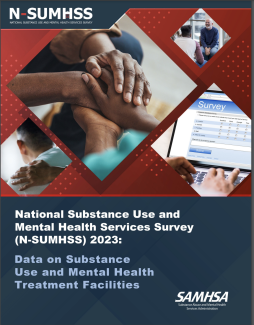Background
Binge drinking, defined as consuming five or more alcoholic drinks in a single session, is a major public health issue. It leads to cognitive and motor impairments and is linked to numerous health problems. This study aims to analyze globally published peer-reviewed literature on binge drinking.
Methods
A thorough search was conducted in the Scopus database using keywords related to binge drinking. Specific criteria were applied to filter the results, resulting in 2,763 relevant research papers. VOSviewer software was used to analyze and visualize connections between these studies...






